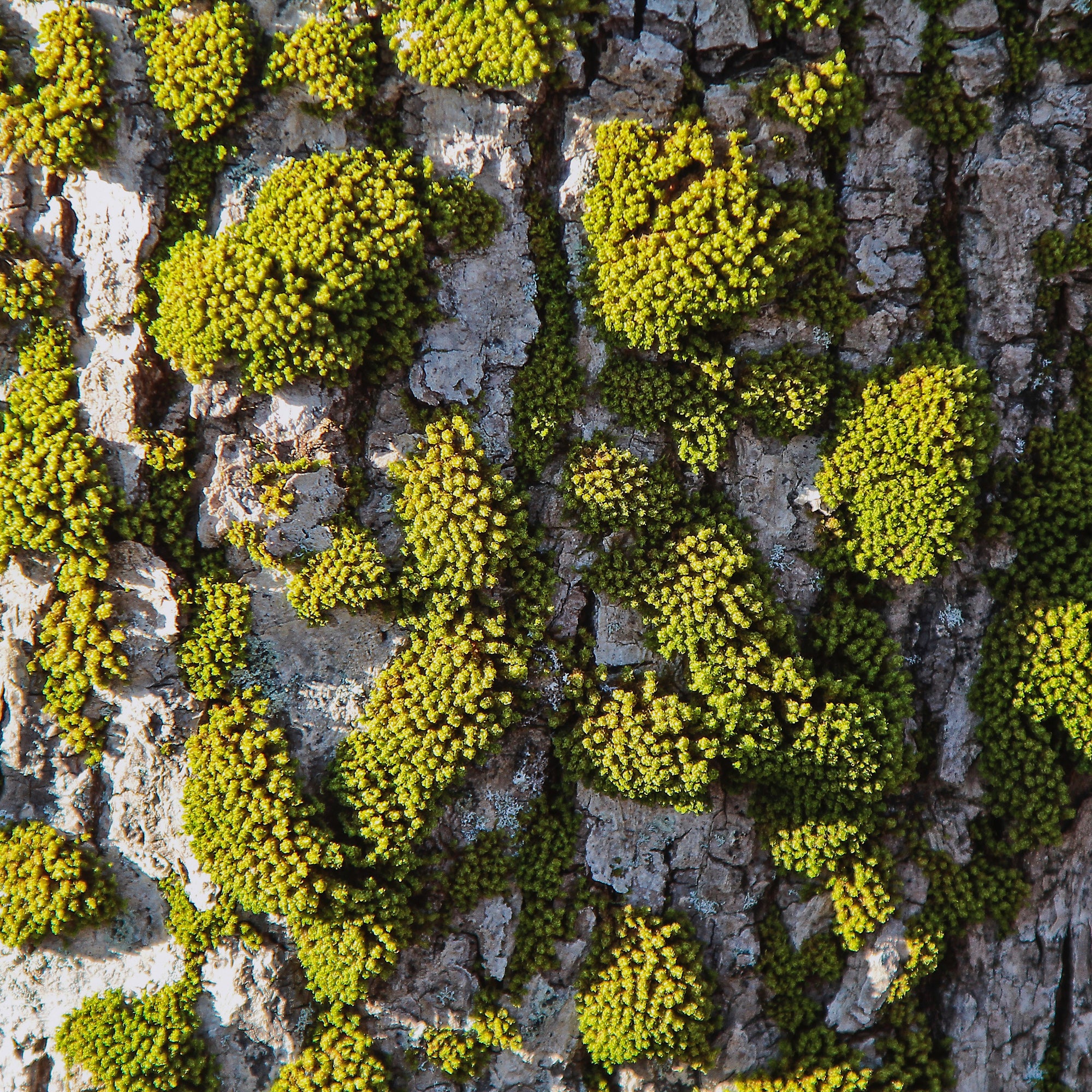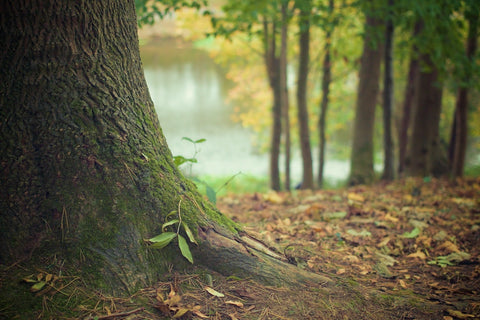Garden Moss 101: From Root Causes to Remedies
•Posted on May 23 2018

Moss growth can be an inevitable yet undesirable part of having a garden. No matter how many times you get rid of it, it seems to sneak up on you, reappearing when you least expect it.
Yes, removing it by hand or using toxic chemicals can provide temporary relief, but without the right approach to lawn and garden care, it will only return.
With so many other forms of unwanted foliage that plague your lawn and garden on an annual basis, it's easy to believe that standard weeds and moss are one in the same.
However, this is not the case. Moss is often indicative of deeper problems on your property that can't be tamed with weed killer alone.
This guide will dive into:
- What moss is and why it grows in certain areas
- How to identify the soil and environmental conditions that encourage moss growth
- Steps to diagnose and address underlying issues such as soil acidity, drainage, and shade
- Effective treatments, including natural and chemical-free solutions for long-term moss control
What is Moss?

Moss refers to a rootless, flowerless non-vascular plant that can grow in virtually any climate around the world.
Most varieties of moss plants are comprised of leaves that are only one cell thick, creating a tight, dense layer of foliage that looks and feels like carpet.
Moss is most commonly found in large dense clumps or mats that fully cover an available area, growing in spaces and conditions that may be inhospitable to other plants.
There are around 12,000 species of moss in the Bryophyta division.
Where Does Moss Grow?

While sometimes present in grass, moss is most common in areas that are not conducive to grass growth, indicating issues with your soil that may require resolution in order to grow grass or garden plants.
There isn't one specific soil condition that leads to moss growth; moss can develop due to a number of challenges, including:
- Excessive shade with inadequate sunlight for plant growth
- Damp soil, whether from poor drainage, regular rain, or runoff from area water sources
- Soil that is low in nutrients or not regularly fertilized
- Acidic soil; while moss can certainly grow in soil with a normal pH, it prefers soil with a pH too high for standard plant growth (above 5 to 6)
- Severely compacted soil that does not receive adequate oxygen
What Does it Mean When Your Yard Has Moss?

If your yard has moss, it means that there is an issue with the soil that must be remedied to ensure healthy plant growth.
However, to do this, you need to understand why moss is present.
Determining the underlying cause may be easy – if, for example, you have a very shady property and poor drainage when it rains, these kinds of drivers are often quite clear – or, in the case of problems like soil pH, harder.
If there is no obvious problem at hand, a lawn care professional may be required to determine an accurate diagnosis and treatment.
It is important to note that simply removing moss will not make the problem go away. Without taming the issue that resulted in moss growth in the first place, moss will only return.
Can Moss Growth Be Prevented or Treated?
Moss may be invasive and problematic, but that doesn't mean it's a problem you have to live with for good.
The right treatments can remove the moss you already have – and prevent growth in the future.
When you change conditions of your yard for the better, moss will have a hard time continuing to grow, providing the perfect opportunity to clear moss and properly treat soil.
Lawn care professionals often recommend ferrous sulfate to clear moss quickly and effectively, providing a safe and sustainable way to bid farewell to your biggest garden headache.
Also known as Iron (II) sulfate, ferrous sulfate is a water-soluble fungicide and herbicide that can positively change the pH levels of soil to promote healthy growth while also killing moss on contact.
Ferrous sulfate is often preferred for moss removal as it is safe for other plants, easy to use, and cost-effective, offering a simple solution with no risk of lasting lawn damage.
Note that if acidic soil is not your only challenge, you may require other treatments, including improved drainage, soil aeration, or removal of trees or structures causing shade.
Moss is adaptable, so unless all situations are ideal, one simple ferrous sulfate treatment may not tame your moss for good.
If you're struggling with moss in your yard, you may be facing larger issues in need of immediate attention.
With the help of our Ferrous Sulfate treatment and some professional lawn care assistance, it's possible to say goodbye to moss, once and for all.
Conclusion
Related Posts:
Comments
3 Comments
-

Posted by Forcewashing | March 18, 2024
-

Posted by Louisville KY Radon Mitigation | March 15, 2024
-

Posted by Roof Cleaners | January 12, 2023
Leave a CommentNice article! It offers useful tips and guidance for combating moss growth and promoting optimal plant growth and health.
This blog offers actionable tips and methods to effectively manage moss growth, empowering readers to maintain a healthy and vibrant garden environment. It’s a must-read for anyone grappling with moss issues in their outdoor spaces.
You mentioned a lot of valuable information in your post surely your post will help more people.